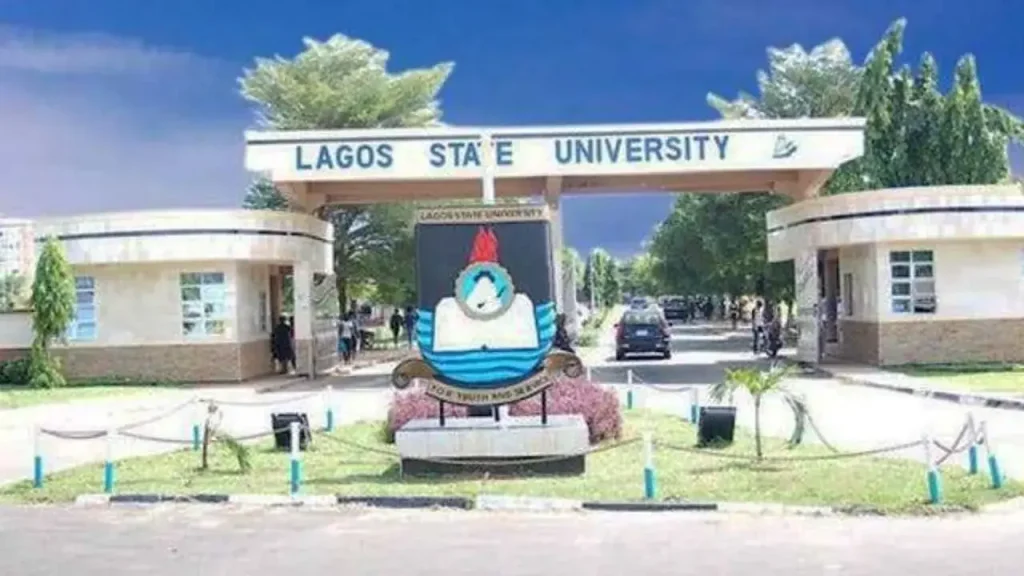LASU study uncovers high incidence of childhood sexual abuse, calls for stronger protection


A recent study by the Lagos State University (LASU) Rape Research Team has revealed alarming rates of childhood sexual abuse in Nigeria, with 35% of surveyed women reporting incidents of abuse during their youth.
The study sheds light on widespread sexual violence affecting both married and unmarried women across Nigeria’s rural and urban regions.
Supported by a N34 million grant from the Tertiary Education Trust Fund (TETFund), the study gathered data from 3,000 women across 12 states, representing Nigeria’s six geopolitical zones.
Led by LASU Deputy Vice-Chancellor, Omobitan Olufunsho, the research, titled Emerging Patterns and Determinants of Rape: Comparative Study of Rural and Urban Areas of Nigeria, was presented at a seminar at LASU’s ACEITSE lecture hall in Ojo.
Olufunsho highlighted the critical need for global attention to sexual violence, noting the study’s interdisciplinary approach, which included experts in sociology, economics, counselling, and geography.
Olufunsho stressed that protecting women and girls remains essential, as sexual violence impacts females of all ages.
“The girl child needs to be protected; the female youth also needs protection from sexual harassment and rape. Even wives face harassment from their husbands. It’s a contemporary issue affecting many,” he noted.
Professor Onipede Wusu, LASU’s Professor of Sociology and Demography, who coordinated the study, reported that rural areas show a higher incidence of rape than urban areas.
The research team used both quantitative and qualitative methods, identifying family members and neighbours as primary perpetrators, with risk factors including family background, ethnicity, and prior abuse.
Key findings revealed that sexual violence impacts young girls, women of reproductive age, elderly women, and even married women, with 20% of married women nationwide reporting abuse.
Additionally, the study found that childhood sexual abuse is a significant predictor of future abuse and that rural areas have higher rates of rape than urban ones.
LASU Vice-Chancellor, Professor Ibiyemi Olatunji-Bello, described the study as a groundbreaking analysis of rape in Nigeria and called for action.
“Rape is a disturbing reality across cultures, with severe social and public health implications. All stakeholders—government agencies, lawmakers, community leaders, religious leaders, and individuals—must take these findings seriously to protect women and girls,” she stated.
Professor Wusu emphasised the necessity of policies for child protection and support for abused married women.
“Policies for child protection are crucial, as well as support systems that encourage women to speak up. Only when they can report abuse can they receive the help they need,” he said.
The LASU team recommended strengthening child protection laws, promoting anti-violence campaigns, enhancing family structures, and advocating for safer lifestyles.
Through these initiatives, they aim to reduce sexual violence and create a safer environment for Nigerian women and girls.









